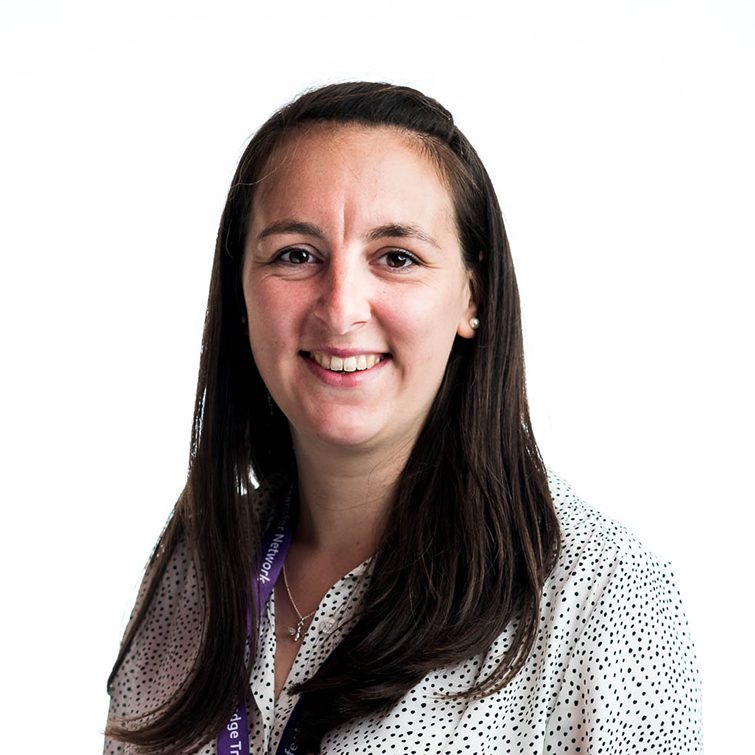What the livestock sector needs to make the most of change

In a year full of change, the British Animal Science Society (BSAS) held their first virtual conference, bringing the livestock sector together online and reaching across the globe to talk about “the Challenges of Change”.
The livestock sector isn’t new to change but the COVID-19 pandemic and climate change have raised new challenges. Net Zero is at the forefront of the discussion more than ever. With ambitious targets being set by the Government and key industry players, science will be critical in addressing these challenges and meeting these goals.
With 2021 teaching us that change brings ample opportunities alongside its host of challenges, making the most of change was a key message throughout the BSAS 2021 conference. Over the course of four days, speakers and conversations highlighted three essential components for the livestock sector to capitalise on change.
1: Collaboration
By coming up with a vaccine in a much shorter time than usual, science proved to the world that it can offer solid solutions to global challenges. It’s an opportunity for the livestock industry to showcase that science can also help to solve current problems in the sector.
The pandemic also demonstrated the importance of a one health approach to make faster progress and solve global challenges. By boosting collaboration in the livestock sector and not keeping knowledge in silos, the sector can speed up research too. To work with other countries towards common goals, the first step for the industry is to pick an area of focus, out of important topics like carbon, water, genetics and biodiversity.
2: Net zero and sustainability
Sustainability, and particularly achieving the ambitious net zero target set by the UK government, is a key topic for agriculture.
Discussions highlighted the importance of agreeing on one way of measuring carbon emissions. Without a standardised method, it will be hard to measure impact correctly. There is huge variability in what is and isn’t included in carbon calculating and what parts of the production lifecycle should, and shouldn’t be included within the calculations. Scientists at The Center for Innovation Excellence in Livestock (CIEL) have identified three of the best carbon calculators: Cool Farm Tool, AgReCalc and Farm Carbon Calculator.
Environmentally friendly innovations for the livestock sector were also discussed during the conference including Brazil’s recently launched carbon neutral beef (CNB). It’s a certification for cattle farmed in integrated silvopastoral or agrosilvopastoral systems. The trees present in these systems help to neutralise enteric methane and reduce the environmental impact of rearing beef.
Australian company FutureFeed Pty Ltd is working on a livestock feed additive made from seaweed, which has been shown to reduce methane emissions in beef and dairy cattle by more than 80%.
Information presented about the livestock industry and its contribution to global warming is often biased. With so much negative information about the livestock industry reaching the general public, discussions around how to spread a positive message also took center-stage at the conference.
3: Bringing in new young researchers
Investing in the researchers of the future is key to ensure that the livestock sector keeps thriving and innovating. That’s why organisations like BSAS and KTN support early career researchers.
The conference included a dedicated early career programme providing an international platform showcasing the exciting work of emerging scientists.
KTN sponsored four tickets for young researchers to attend the conference, opening a door for young researchers from across the globe who might not have been able to attend. The conference gave the winners a deeper insight into the world of animal science.
Chinwendu Lorrita Elvis Chikwem, 2nd year international PhD student in animal science at the University of Nottingham said:
“ I really enjoyed the developing talent and keynote sessions. I learnt a lot from the presentations and lectures. I took away most importantly very useful feedback from other researchers on my research poster and important notes on how to write scientific papers.
Generally, the conference was an eye opener to various interesting advances in animal science research, which has given me an insight of focus in my career development especially in the post pandemic era. The conference also increased my research network as I got to link up with other researchers from different institutions of the world which might be of help in the future in terms of jobs/research collaborations opportunities.”
Jatutu Shalom Samson, a monogastric nutrition and management postgraduate student in Nigeria, said:
“ I enjoyed being able to interact and listen to professionals around the world for four days. My biggest take away was knowing the impact animal agriculture can have in reducing the effect of climate change and improving protein intake especially in developing countries. The conference has given me more insight in animal science, challenging me to set new goals, be involved in more research, and to work hard to achieve academic goals.”
KTN also sponsors The BSAS Steve Bishop Early Career Award, a scholarship aimed at people in the early part of their career as an animal scientist. The award encourages new collaborations through short research programmes or training opportunities with a new academic or industrial partner.
The KTN AgriFood team is here to help innovators and spark collaborations to drive change. If you’re working on a livestock innovation project and would like help to access expert information, funding and connections, get in touch with Lucy Mather, our livestock expert.
Related Content
Related Opportunities
The Steve Bishop - Short Research or Training - Early Career Award, Sponsored by KTN
Opens: 24/05/2021 Closes: 30/07/2021
This scholarship is aimed at those in the early part of their career as an animal scientist (postgraduate student or within two years of graduating with a PhD, or those working in commerce or industry with an equivalent level of experience without necessarily having a…


